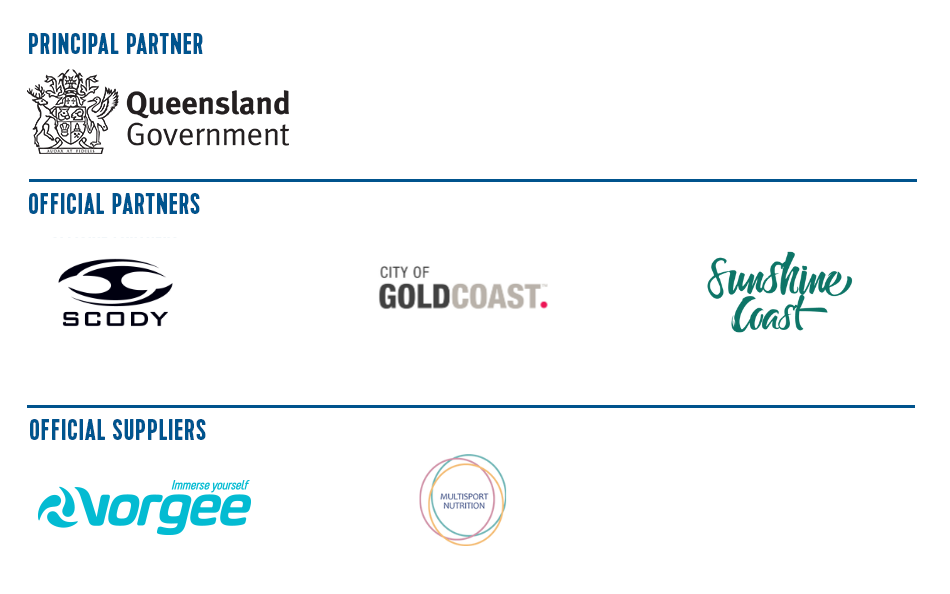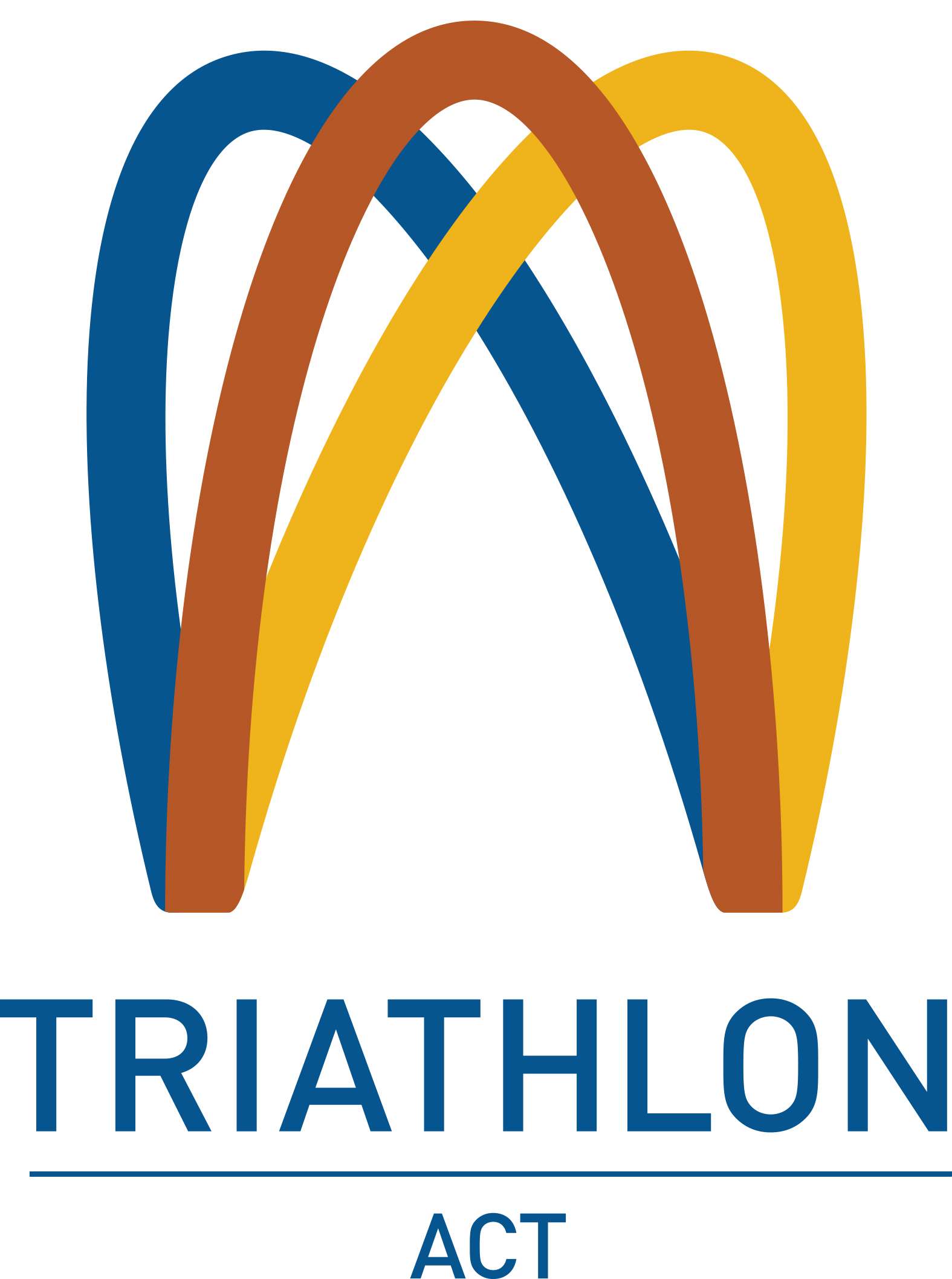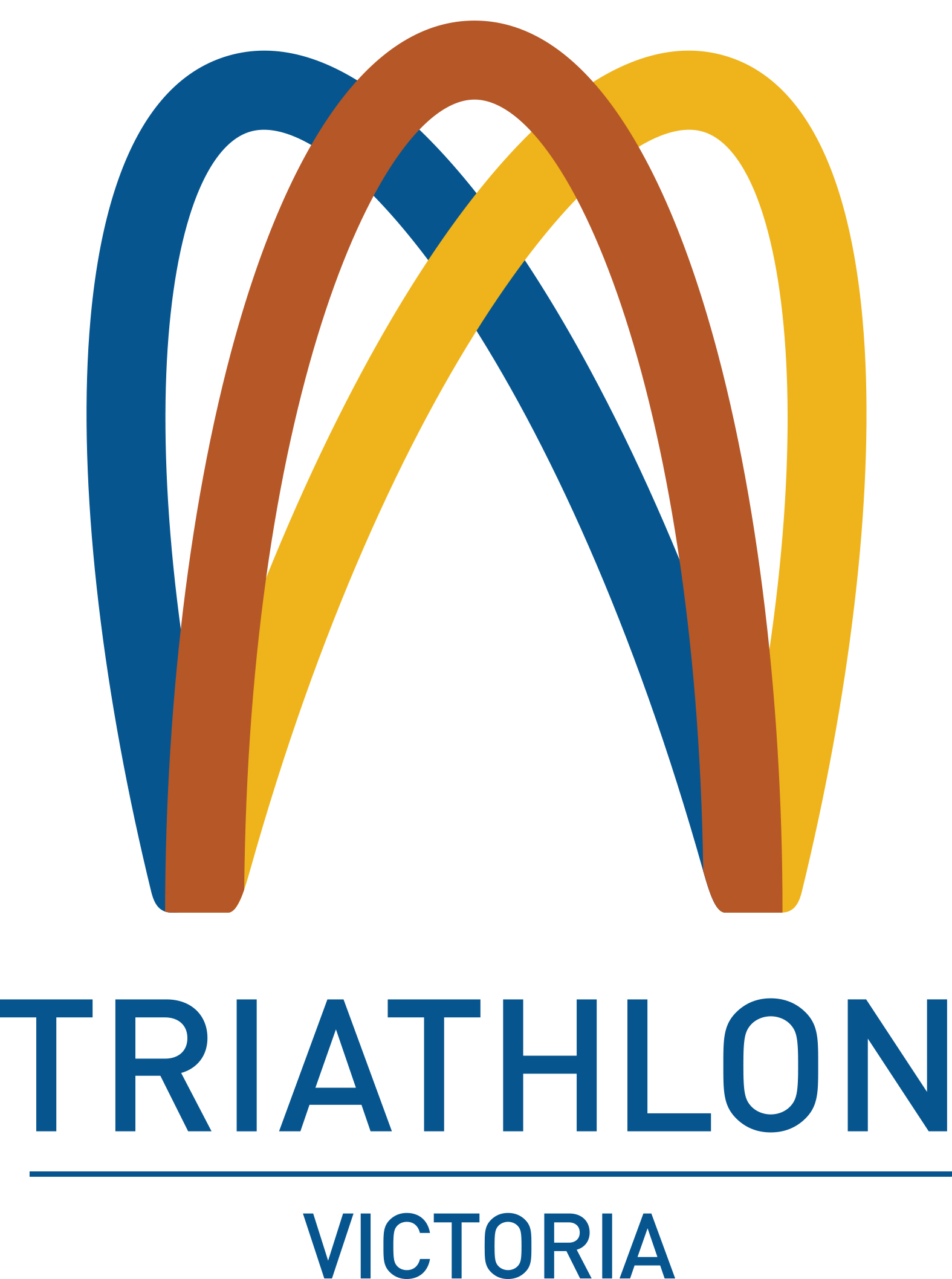School is back, and that means the long summer days are back being spent in the classroom rather than out on the road, squeezing in a killer brick session or a long pace session. For most of us, school is, or was, hard enough; trying to juggle seven-hour days with extracurricular activities, time with friends, and relaxing seemed almost impossible, even as a teenager. However, for some of our junior athletes, there is the added pressure of competing at a state or national level, while still trying to maintain good grades and some semblance of sanity. There are many athletes across the country who are juggling the responsibilities of high school alongside their duties as high-performing athletes, and we sat down with two of them to ask how they manage their time in the classroom and out on the track.
Toby Powers, a junior athlete based in Hervey Bay, is going into grade 12 this year; after a great season, in which he secured first place in the Australian Youth A Triathlon Series, Devonport Triathlon, and Queensland Schools Championship, he's eager to juggle the pressures of the final year of school and another great year as a triathlete. As a lifelong athlete, he's spent time figuring out how to keep on top of the pressures of study and sport.
"My training plan is pretty much the same every week. It doesn't really change in terms of timing or content, so it makes it much easier for me to make a schedule for when I have to train and study."
Erin Wooldridge, another junior athlete based on the Sunshine Coast, is going into grade 11, and has a similar attitude to managing her time spent studying and training.
"I make sure that I always dedicate some hours towards school work on a daily basis to make sure I get the work done on time and it doesn't pile up and get away from me. I try to get as much of it done as I can while I'm at school, because then there's less for me to do at home and I can spend more time focusing on training" says Erin.
While it may be difficult to juggle the pressures of study and exercise, it may be even harder to disengage and slip into a holiday mindset. Coming off the back of the festive season back into new year training may be hard for some of us, but for Erin and Toby, it was no time to slack off.
"I was planning on racing [Race 2 of the Australian Youth/Junior Triathlon Series (AYJTS) Capital Trilogy] in Canberra over the school break, but unfortunately, the race was called off due to the bush fires, so you can't really plan for that." says Toby. "Because of this, I didn't really stop training or have any serious time off over Christmas."
"On top of this, I had to also keep revising for school over the holidays, as I'm in the first cohort of students who have shifted over to the ATAR system, so we worked through a lot of Grade 12 work in Term 4 last year, and I had to keep it up over the holiday break. The next race in the AYJTS takes place late in February when I'm back at school though, so I'm glad I didn't take too much time off from training and have to struggle to get back into the swing of things."
Erin also added that their coaches are always aware when they're heading back to school, and they help to plan their training accordingly.
"For the first few weeks of school, my homework and assignments take priority, so my coach fits my training in around that."
As high-performing athletes, it's important to be training almost daily to maintain your fitness. For adults, this is hard enough, but for junior elites, it's so important to be conscious of this to make sure you don't fall behind in one or both areas.
"Later in the term when you receive all of your final assessment pieces is the hardest time to train, because you need more time to finish your assignments" says Erin". "I always make sure to consistently communicate with my coach to let him know if I need a dedicated afternoon to focus on schoolwork. I also make sure I try to get as much of my work done while I'm at school, because it gives me less time to worry about it while I'm at home".
Toby also echoed Erin's belief that it sometimes gets hard to juggle both aspects at once.
"It can be hard sometimes; if you've had a big training session during the day, it can be difficult to study in the evening, but the best thing you can do is stay on top of your school workload so you don't fall behind and feel more stressed out down the road. Doing assignments and homework while at schools frees up a lot of time to train or relax in the afternoons".
Relaxing is an important aspect to all athletes at any age; it's important to remember not to push yourself to breaking point, and take time out every now and then to decompress.
According to Toby, it can be quite hard for him to slip into a peaceful mindset. "I'm usually thinking about training and schoolwork, so on a day off, it can be hard not to obsess over one or the other, or both. I really try to get as much sleep as I can, because it's so important to be well-rested. If I'm not training or studying, I'm usually asleep!"
Erin agreed; "It's so nice to relax on the weekend after a hard week of training and study; the importance of just hanging out and watching a movie or chilling with your friends can't be understated. You always have to make time to have fun too."
A typical day in the life of a junior elite may look a lot different to that of an adult triathlete; sleep-ins are few and far between, as the days start early and usually finish quite late. Toby and Erin both say they're used to the erratic sleep pattern of a triathlete. Both of their school days look quite similar:
According to Toby, "A typical school day for me starts with me waking up between 4:30-5:00am. I usually do whatever my coach tells me for a couple of hours. Then I wolf down breakfast and head to school. I socialise with my mates at lunch time, then after school, I've usually go about an hour of downtime, trying to finish my homework or just relax if I've already finished it while at school, and then I've got another training session in the afternoon. I finish that, have dinner, do a bit more study, and then try to get to bed reasonably early before doing it all again tomorrow." Erin's schedule looks almost identical, with an early start and multiple training sessions a day, slotted in around school and time with friends and family.
Erin comes from a family of triathletes, with two sisters and a mum who all compete at a high level of the sport. She says that this has helped ease the pressure of juggling training with her final years of high school.
"We all have different schedules, but it's good that we're all going through the same thing. My older sister, Ella, was in Grade 12 last year; she helps me out with any questions I have about school, and we both do the same for our younger sister as well. We've also got great support from our high school when it comes to our training timetables and having to take time off to travel all around Australia to compete."
"My parents have also been incredibly helpful and supporting with our training and making it work around our school. They help us balance our workload, and they both understand that just because we are athletes, this shouldn't be putting pressure on us academically."
Their advice to up-and-coming junior athletes is simple:
"The most important thing you can do is to make a schedule for yourself so that you can get into an everyday routine. If you stick to a program, and do the same things at the same times, it'll make life a lot easier, restore control, and eliminate a lot of stress for you" says Toby. "I've found that because of the level I'm training at, it's made me way more organised and committed to staying on top of my school workload."
Erin also stresses the importance of an open dialogue with your coach: "It's also a good idea to make sure you have time to finish your school work. Even just 30-60 minutes a day helps you stay on top of your workload. School is so important, especially as you get into your senior schooling years; still continue to train as you want, but if you feel yourself falling behind with an assessment piece or homework, make sure you communicate with your coach so you can find ways to work around it. Try to complete your assignments as soon as you get them, because the longer you leave it, the more the work builds up, which makes it harder to balance your training and your workload."










